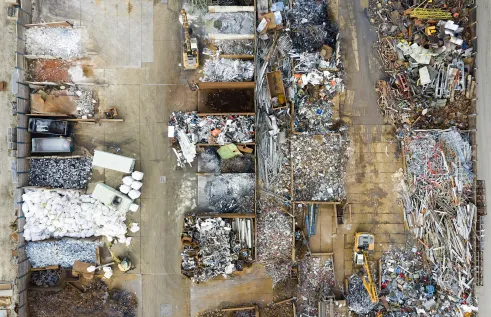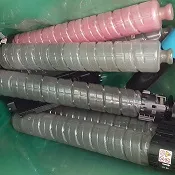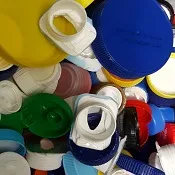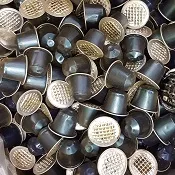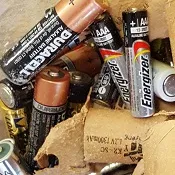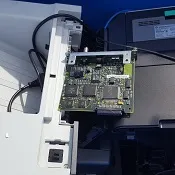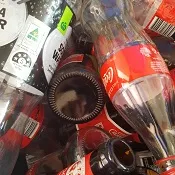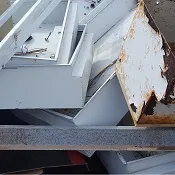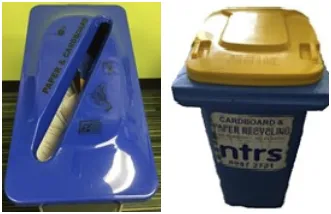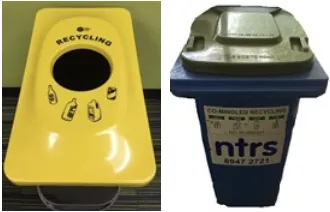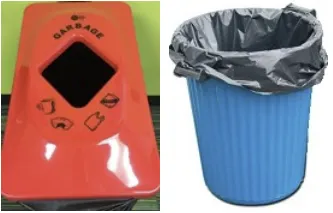In 2015, Charles Darwin University generated around 1.1 million kilograms of waste in the Darwin area alone. CDU sent over 92 percent of this (over one million kilograms) to landfill.
Greater separation of waste into appropriate recycling streams will have a significant reduction on waste to landfill.
Since 1 November 2018, staff have been responsible for properly disposing of waste generated at workspaces into separated waste stations. This replaces all waste going into desk bins for collection by cleaning personnel.
The program helped the University reduce its waste to landfill in the Darwin area by 20 percent by 2020. Efforts to further improve upon this continue, and all stakeholders can help the University reduce its waste footprint.
Which bin should I use?
Specialised waste
Toner cartridges
All toner cartridges can be sent away to be refilled for further use or sent away for recycling to produce other products.
Locations: Orange 8, Yellow 2
Plastic lids & caps
The plastic used for lids and caps, such as those on milk, soft drink and juice bottles, is made from a different material than the bottles and is recycled separately.
Locations: Orange 8, Yellow 2
Nespresso coffee pods
The advent of pod coffee machines has introduced an additional environmental challenge. The pods contain several materials as well as the coffee waste, which makes recycling them a challenge. Nespresso offer recycling of their own branded pods.
Locations: Orange 8, Yellow 2
Batteries
Household batteries contain several materials and chemicals that can be harmful to the environment but can be properly processed through recycling. Button (watch & remote control), 9V, AAA, AA, C, D, and 6V batteries can all be disposed of at the University's collection points.
Locations: Orange 8, Red 8, Yellow 2
E-waste
Electronic products such as computers, printers and mobile phones tend to be replaced every few years. These products contain several different materials, many of which can be recycled, scarce earth metals used for manufacturing processors and other components.
Location: Purple 3
Charity container deposit scheme
The Northern Territory's Container Deposit Scheme provides various drink bottles and cartons to be exchanged for a 10c refund when returned to an eligible processing centre. CDU is pleased to support several charities that collect eligible containers and collect the proceeds as fundraising.
Locations: Student Square, Red 1, Blue 1, Blue 2, Orange 1.1, Orange 2.2, Orange 4.2, Yellow 1.3, Yellow 2, Yellow 4
Scrap metal
Recycling scrap metal is easy, cost-effective and great for the environment. Recycling steel uses around 75 percent less energy than making it from raw materials. Instead of paying a waste company to take this scrap away, the recycler may purchase it from the customer.
Location: Purple 10
Office waste
Paper & cardboard recycling
Cardboard and paper products, including newspaper, printer paper (shred confidential documents first), cleaned cardboard food & drink containers (no food residue). Fold cardboard boxes flat to minimise size. If you have a significant volume of paper &/or cardboard to dispose of, log a job for custodial support at the Facilities Help Desk.
Co-mingle recycling
Co-mingle recycling such as plastics, steel & aluminium cans, glass bottles & jars, milk & juice containers. Ensure containers are empty first. Plastic lids should be taken to Orange 8 for recycling.
General waste
These bins should only be used for items that cannot be recycled in one of the above categories. This includes polystyrene, serviettes, tissues and paper towel. All waste in these bins goes to landfill.
If you have questions as to whether something is recyclable, please ask the Recycling & Waste Minimisation Yammer group or email facilities@cdu.edu.au.
